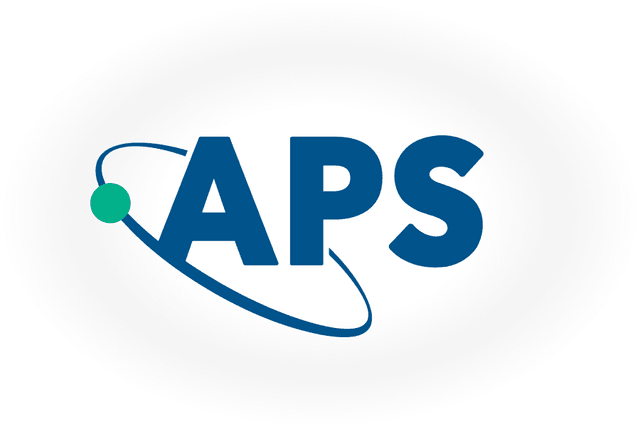Career Profile: Bachelor of Science Jobs in Government-Funded Lab

Bachelor of science jobs in government funded laboratory at a glance
Education: A bachelor's degree in physics or in a related field
Additional Training: BS level and prior research, e.g. REUs
Salary: Bachelor's level starting at $35,000 - $57,000
Outlook: About 10% of BS graduates find work in national labs and government facilities.
What they do
Examples of activities of physics bachelors working in national labs include:
- Serving as an interface between physicists and engineers
- Turning prototype systems into field-deployable units
- Testing off-the-shelf or laboratory developed equipment to determine if it meets experimental requirements
- Evaluating engineering designs and parts
- Performing computer simulations
According to the AIP statistical research center, physics bachelors working in national labs report the highest levels of job satisfaction compared to peers working in other sectors (between 80 - 100% answering "very satisfied" or "somewhat satisfied" about job security, salary and benefits, level of responsibility, opportunity for advancement, and intellectual challenge). In the same report, common job titles for bachelors in national labs included:
- Accelerator systems operator
- Advanced technology engineer
- Engineering physicist
- Laboratory technician
- Radar developer
- Systems engineer
Education & background
In addition to a bachelors degree, experience with some experimental aspect of physics research is very important (e.g. summer research programs, REUs, etc).
Additional training
For BS level physicists at a national lab, strong technical skills are a must, as scientists at this level often function as the interface with engineering or in an engineering role themselves. Skills in electrical engineering, electronics, machining, and welding are valuable. These skills can usually be acquired in undergraduate physics departments which often have a machine shop which students can use, or in summer or vocational programs. Strong computing skills are also very important in order to perform data analysis and data acquisition. Familiarity with computer programming can be gained through self-study or coursework.
Bachelors who have done research at a particular lab will be especially well prepared for permanent employment at that facility, since they will already have familiarity with its staff and resources, so interested students should seek opportunities to do research at a national research facility whenever possible. Furthermore, being an author or contributor to published research will make job seekers stand out from other applicants.
For a listing of research opportunities for physics bachelors at national labs, please visit our internships site.
Career Path
There are typically two types of positions at national laboratories which are filled by physics bachelors. The first is a scientist role, the second is an technician/engineering type role.
Bachelors in scientist role
For bachelors who join the national lab in a scientist role, activities are actually very similar to that of an incoming PhD graduate. For example, bachelors in this role could be a principle investigator on projects with outside users, though these projects tend to be more focused on construction than on pure physics research than are common for their PhD holding counterparts. Advancement may come from authoring or contributing to scientific publications, bringing in research funding to the institution, and by gaining a reputation for being a good scientist among collaborators.
Bachelors in a technician/engineering role
Bachelors who are employed in a technician/engineer type role will spend time working with investigators to ensure that equipment is working correctly, troubleshooting technical problems, training users on the proper use of equipment, and running simulations. Physics bachelors in these positions may remain in those position for quite some time. Advancement can be slow, because there is generally a limited number of people who can be promoted each year. For this track, the path to promotion is usually built on receiving positive work reviews from supervisors.
Scientific positions at the national laboratories offer an array of opportunities. The work can be very impactful because it is often used by people in field work, such as first responders and in government applications. Working in a classified environment can bring exposure to an array of cutting edge technologies. There are significant opportunities for travel and professional development, such as training in leadership skills.


